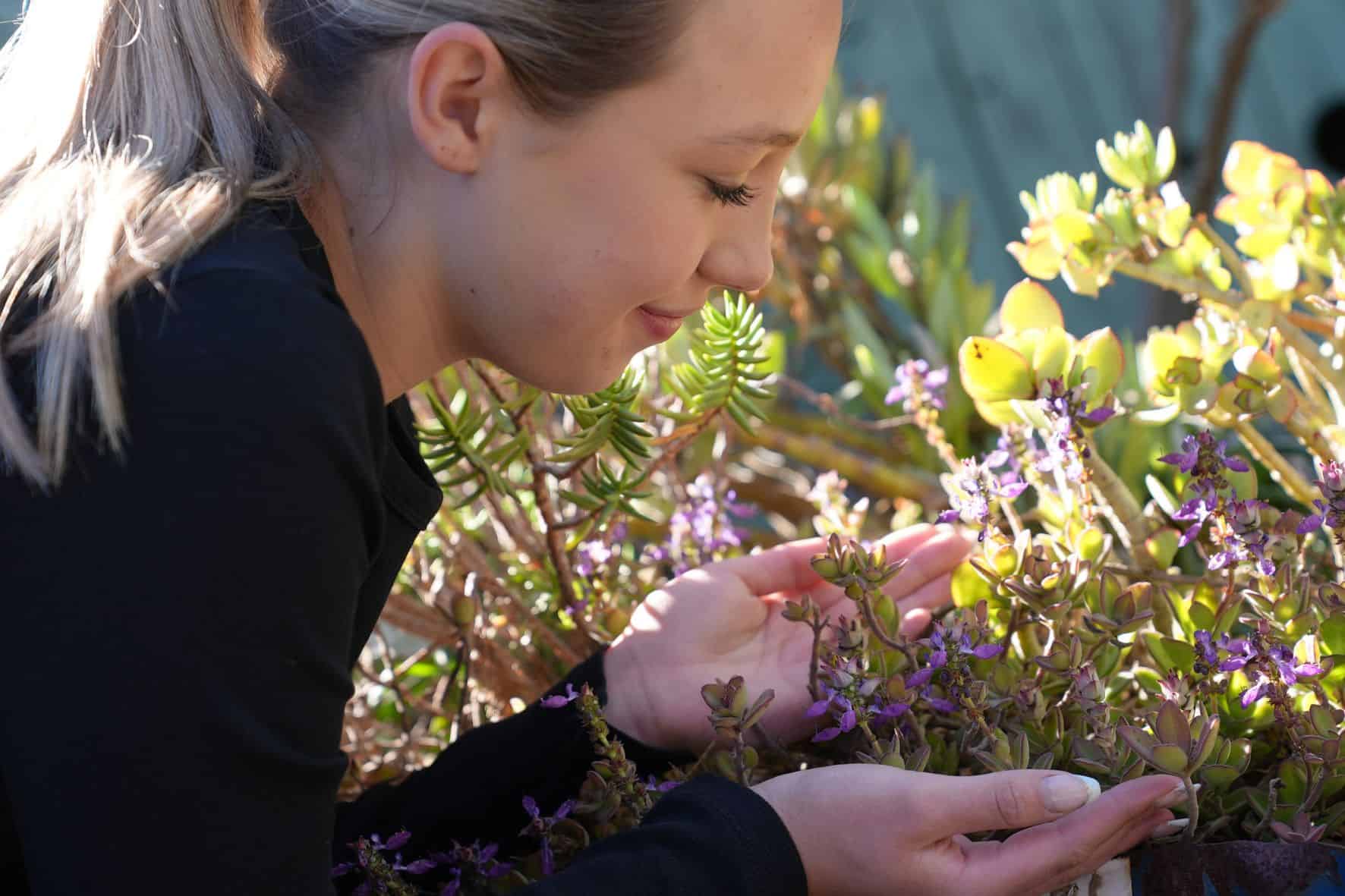Unlike fleeting moments of happiness, joy isn’t dependent on good news or good weather.

We count our years. And we track our steps. We measure cholesterol and productivity. There are apps for all of these, but there’s nothing that tracks joy.
Well, except perhaps an old chocolate ad with a gorilla drumming and taking a moment to find pure joy in their own happy noise. But, pause, take a moment and ask yourself how much of your own life is actually spent simply taking a moment and experiencing joy.
There’s a word for it now. It’s called Joyspan, and it refers to the amount of time in your life that is genuinely joyful. Not just the absence of stress, but moments of satisfaction, connection, and lightness of being. Think of baby’s first steps, when gaga became mama, or when you simply overachieved against all your own expectations. When someone gifted you something that you really wanted, or when giving gave you a joyful feeling.
There’s nothing in formal science that defines Joyspan, but it’s a ponytail word that’s getting traction, because it’s not something we can ignore, said medical doctor and psychologist Dr Jonathan Redelinghuys. “Joyspan is a useful metric,” he said. “We’ve spent years looking at how to prolong life, but not enough attention has been paid to the emotional content of that time. Joy is protective. It builds resilience, improves health, and widens our capacity for connection.”
Joy builds resilience
Unlike fleeting moments of happiness, joy isn’t dependent on good news or good weather. It can be spontaneous, enduring, or simply a reflective moment. A Harvard study on adult development found that people with strong, joyful relationships lived longer and had better physical health outcomes than people with weaker social ties.
Relationship expert Lisa Welsh from savethatspark.com said that in her experience, couples who pay attention to the small, joyful interactions tend to report higher levels of emotional intimacy. “Joyspan in relationships is often about micro-moments,” she said. “Being heard, sharing a laugh, cooking a meal together. These are the things that sustain connection over time. Not grand gestures, but the dailies.”
Also Read: Why Gen Z fears phones
It’s not only about relationships, either. Anne-Marie Viviers of Heavenly Healing, who incorporates bodywork, energy therapy and spiritual wellness practices, said joy must be cultivated just like physical fitness. “Joy is not a bonus at the end of healing,” she said. “It’s part of the process. A body that is regulated, a nervous system that’s supported, becomes more receptive to joy. It’s not something you chase; it’s something you clear space for.”
Life’s small things increase Joyspan
Viviers believes that movement, scent, sound, and intentional rest all play a role in increasing Joyspan. “People come for treatments to relieve stress, but what they often walk away with is more clarity and a lightness. That’s the entry point to sustained joy.”
There’s some medical backup for Joyspan. A study published in the Proceedings of the National Academy of Sciences linked positive emotional states, including joy, to better immune function, lower stress hormone levels, and improved cardiovascular health. Dr Redelinghuys said people tend to overlook the small wins in life. “I often suggest to people to track their weeks. Not for tasks completed, but for moments of actual joy. What they find is that it’s not really the expensive dinner or the promotion at work that creates joy. It’s usually the moment a child says something funny, or that quiet few minutes before the rest of the house wakes up.”
The impact of joy on mental health is also well documented. Studies show that sustained experiences of joy can reduce symptoms of anxiety and depression, improve emotional regulation, and increase motivation. Yet few people prioritise it in daily life, said Viviers.
People are exhausted
Welsh noted many of her clients arrive exhausted, not just physically but emotionally. “They’re trying to tick all the boxes like career, family, fitness and so on, but there’s no space for joy. The first thing I get couples to do is reconnect with what makes them laugh together. If you’re not laughing, you’re not connecting.”
Viviers believes modern life is overloaded with what she calls joy blockers. These are constant digital inputs and overstimulation from social media and online living. It can cause emotional fatigue. “It’s not just the phone in your hand; it’s the information your nervous system is constantly trying to process. People are tired, not just from work, but from the intensity of everyday living.”
Improving Joyspan doesn’t require big life changes. Movement, gratitude, awe, and even a few minutes of mindfulness a day have all been shown to boost joy. A study by psychology academics Emmons and McCullough found that people who wrote down three things they were grateful for each day reported higher levels of life satisfaction over time. “Joyspan doesn’t need to be manufactured,” said Dr Redelinghuys. “It needs to be noticed. It’s already happening, and you just need to pay attention.”
Support Local Journalism
Add The Citizen as a Preferred Source on Google and follow us on Google News to see more of our trusted reporting in Google News and Top Stories.






